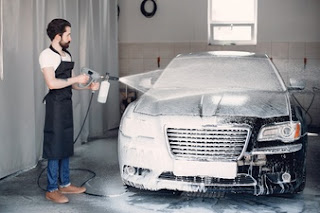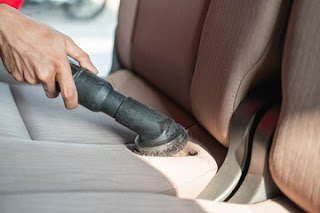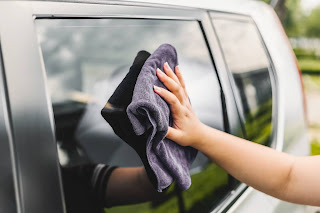CAR MAINTENANCE CHECKLIST
Nobody enjoys having to dig into the wallet to pay the mechanic. That's why, particularly if one drives a vehicle that's considered "worn" by contemporary standards, it's critical to take preventative measures with routine daily maintenance. So apart from extending the life of a car, following standard maintenance procedures improves its protection.
Aside from extending the life of a car, following standard maintenance procedures improves its protection. Read More for some useful information about car maintenance.
- How often should a major service be done?
- Check the oil in the engine:
- Clean the battery frequently:
- Keep an eye on any spark plugs that aren't working properly:
When a car doesn't function, the battery is often blamed. Spark plugs, on the other hand, may be the culprit. To compensate for worn or clogged spark plugs, the car's engine has to work harder. When the weather is bad, starting a vehicle can be especially difficult. The engine won't turn over because there isn't enough spark.
- Inspect Air Cabin filters:
- Keep a close eye on the brake fluid:
- When the check engine light comes on, what can one do?
- Lubricants and oil filters should be changed on a regular schedule:
- Check tyre pressures regularly:




Comments
Post a Comment